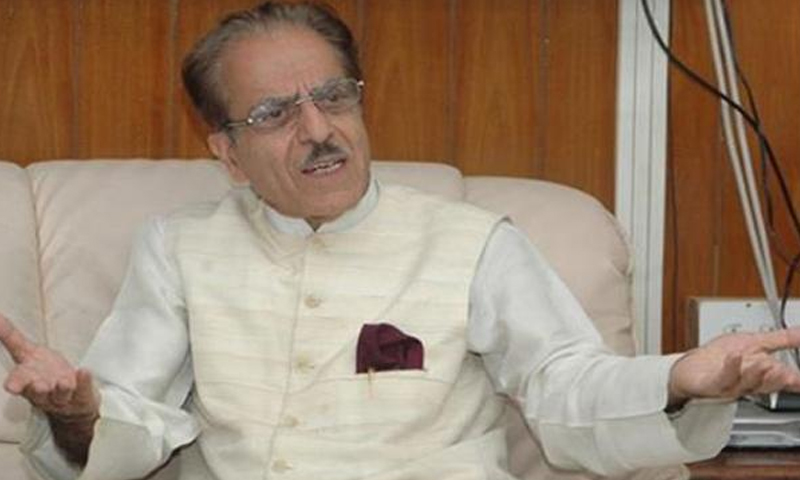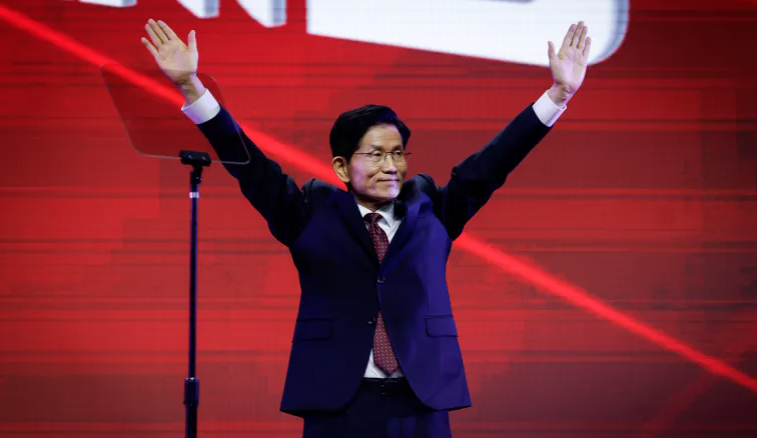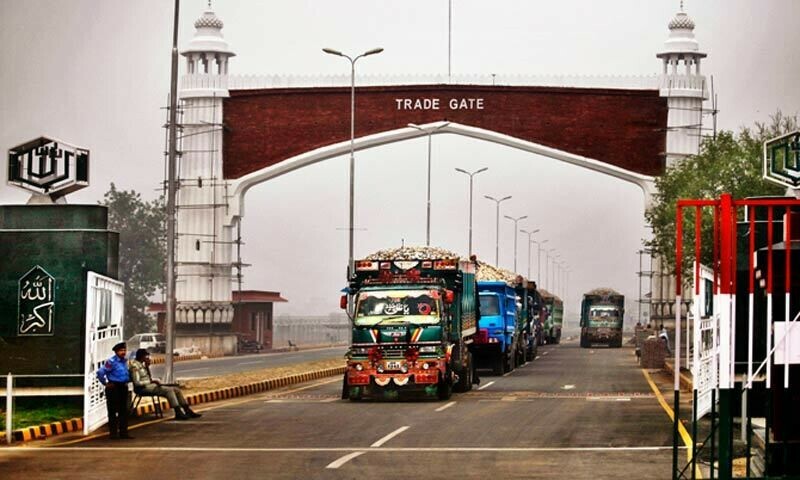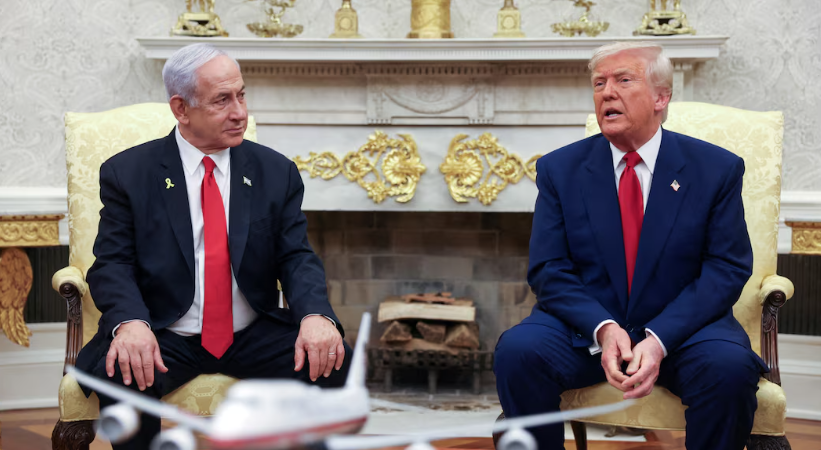WORLD NEWS
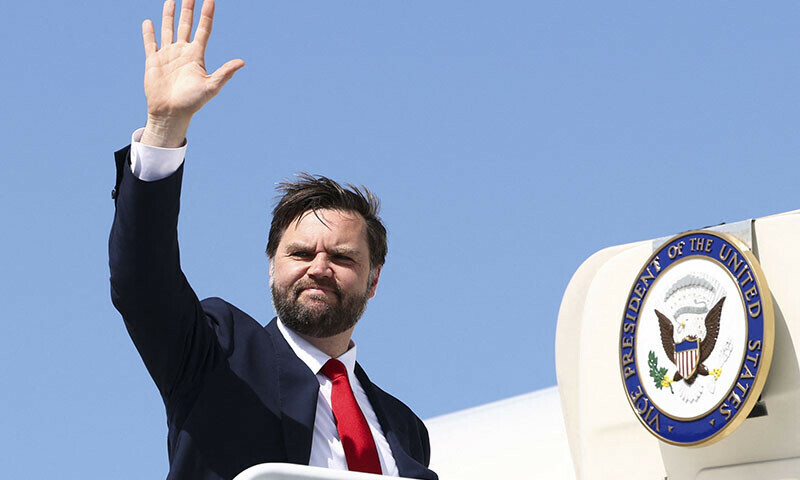
US Vice President JD Vance expressed hope that India would respond to the deadly April 22 attack in occupied Kashmir’s Pahalgam in a manner that avoids triggering a broader regional conflict.
The attack, one of the deadliest in the region since 2000, claimed 26 lives, mostly tourists. While India has implicated cross-border links without presenting evidence, Pakistan has strongly rejected these claims, demanding an independent and impartial investigation into the incident.
Vance's Statement:
In an interview on Fox News’ ‘Special Report with Bret Baier,’ Vice President Vance urged India not to escalate tensions further, saying, “Our hope here is that India responds to this terrorist attack in a way that doesn’t lead to a broader regional conflict.” He also called on Pakistan to cooperate with India in addressing the terrorists operating within its territory.
“We hope that Pakistan, to the extent that they’re responsible, cooperates with India to make sure that the terrorists sometimes operating in their territory are hunted down and dealt with,” Vance added.
The US leadership, including President Donald Trump, has condemned the attack as terrorism and reaffirmed India’s right to self-defense, but without directly implicating Pakistan.
Geopolitical Context:
India, a key partner for the US, is central to Washington's counter-China strategy in the Indo-Pacific. Despite longstanding alliances with both India and Pakistan, the US has expressed concerns about escalating tensions between the nuclear-armed neighbors.
In recent weeks, the US State Department has engaged with India and Pakistan, urging both sides to de-escalate tensions and find a “responsible solution” to the rising conflict. Secretary of State Marco Rubio held discussions with Indian Foreign Minister Subrahmanyam Jaishankar and Pakistani Prime Minister Shehbaz Sharif, emphasizing the need for peace and stability in the region.
India’s Stance and Escalation:
Indian officials, including Prime Minister Narendra Modi, have vowed to punish the perpetrators of the attack and warned that military action could be imminent. India has also suspended the Indus Waters Treaty, a significant agreement between the two countries, and both sides have exchanged fire across their borders.
Meanwhile, Pakistan has rejected any involvement in the attack and called for a neutral investigation. Islamabad has also voiced concerns about potential military retaliation from India, which could worsen tensions.
Diplomatic Efforts and Regional Stability:
UN Secretary-General António Guterres has offered his assistance to both India and Pakistan, offering his good offices for de-escalation efforts. Pakistan’s Ambassador to the UN, Asim Iftikhar Ahmad, met with Guterres to discuss the evolving security situation in the region. Pakistan reaffirmed its commitment to regional peace and stability while urging de-escalation.
Diplomatic Engagements:
In an effort to further address the crisis, Pakistan’s Foreign Minister Ishaq Dar spoke to Panama’s Foreign Minister Javier Eduardo Martinze-Acha Vasquez about the recent developments, highlighting India’s inflammatory actions and its violation of international law with the suspension of the Indus Waters Treaty.
